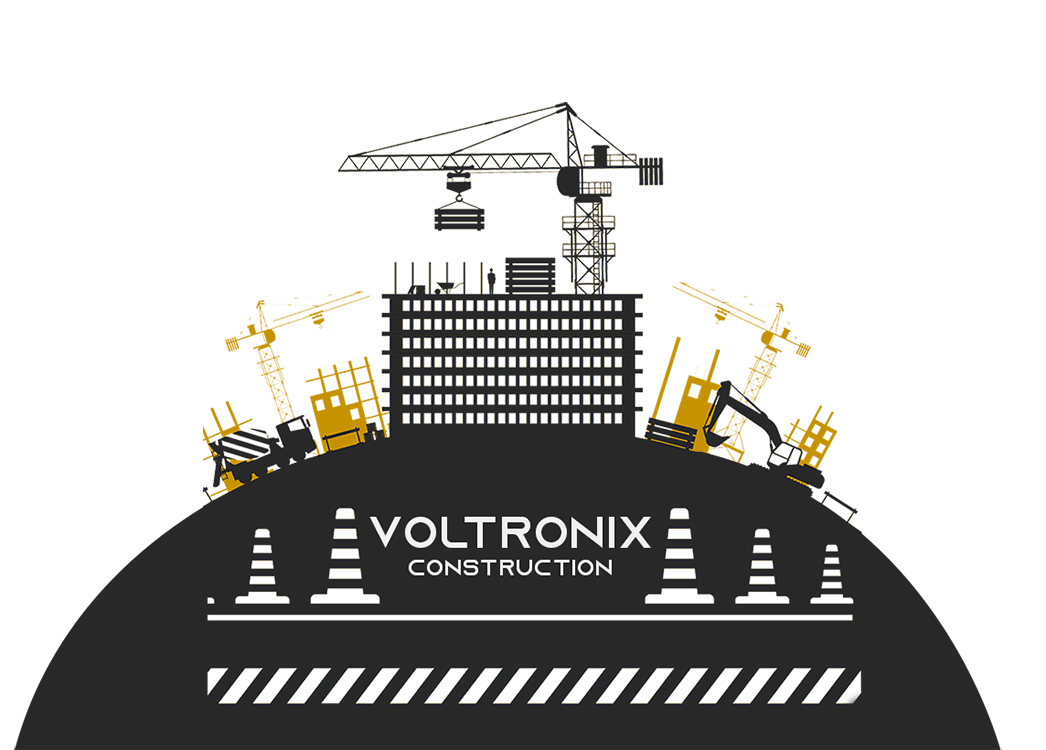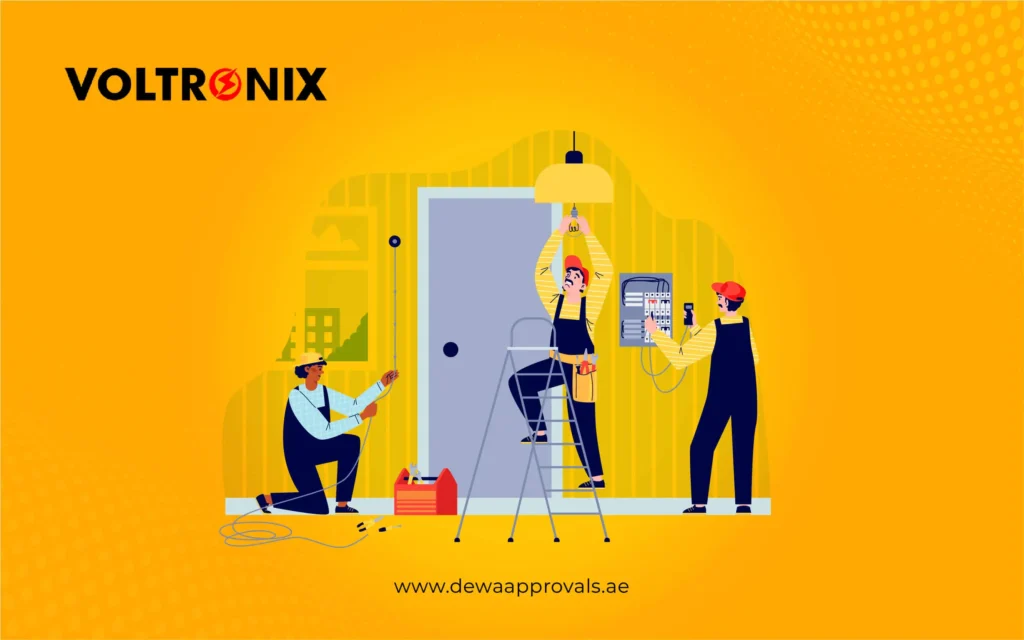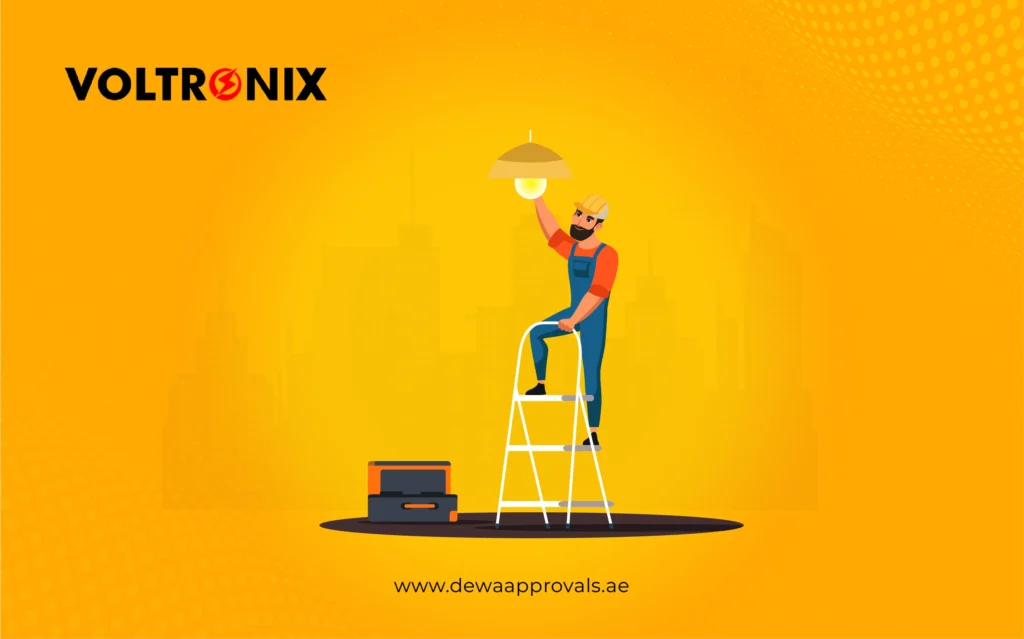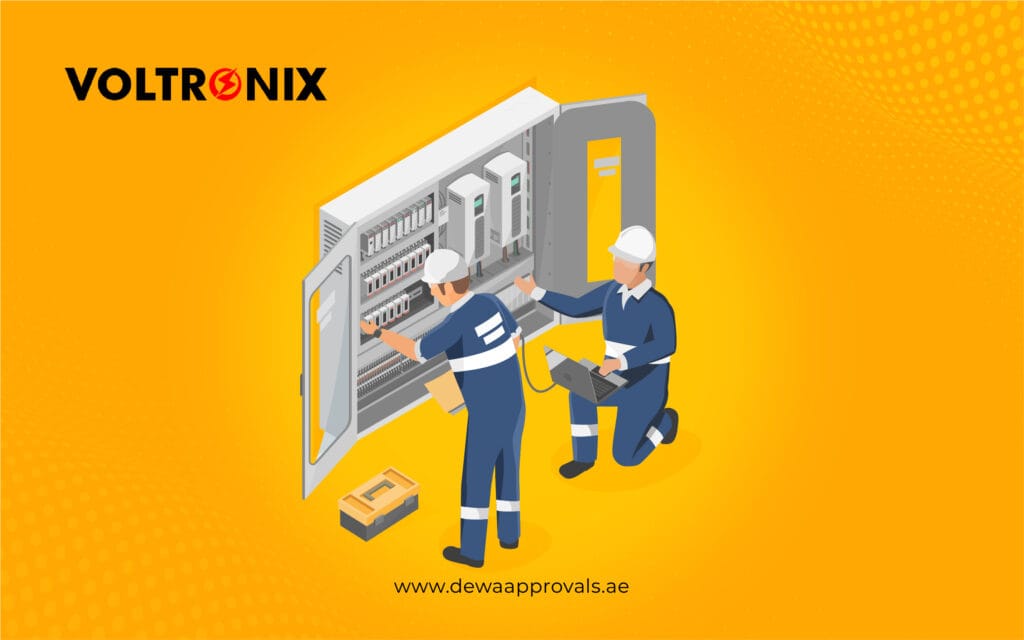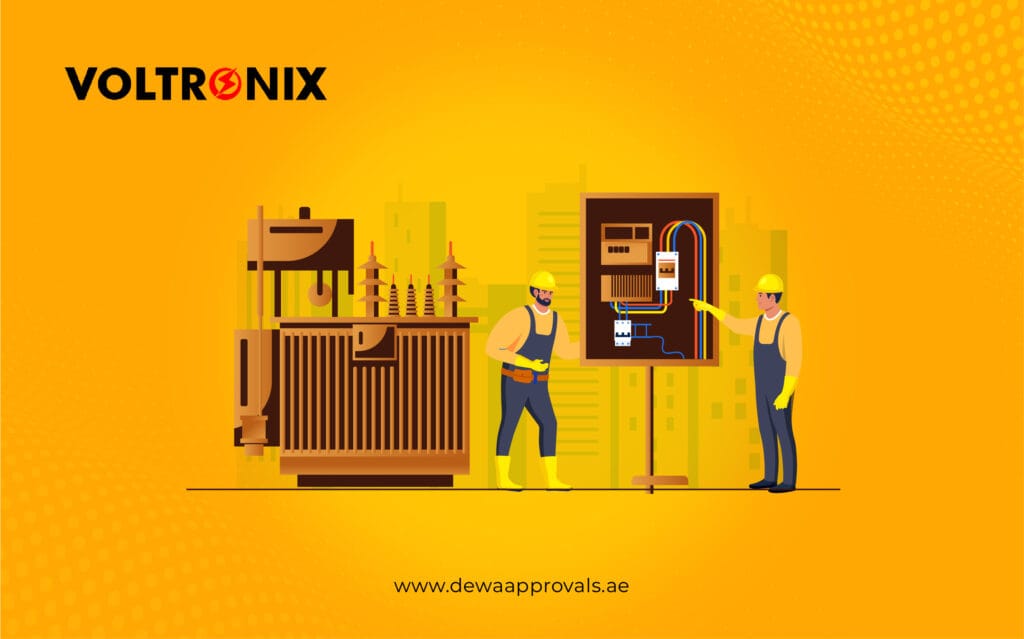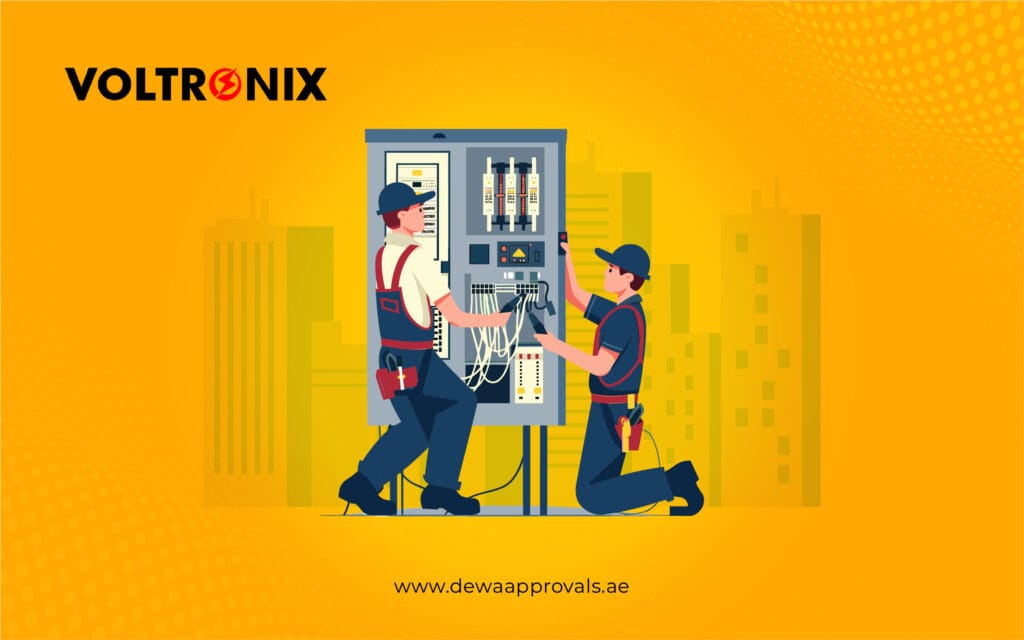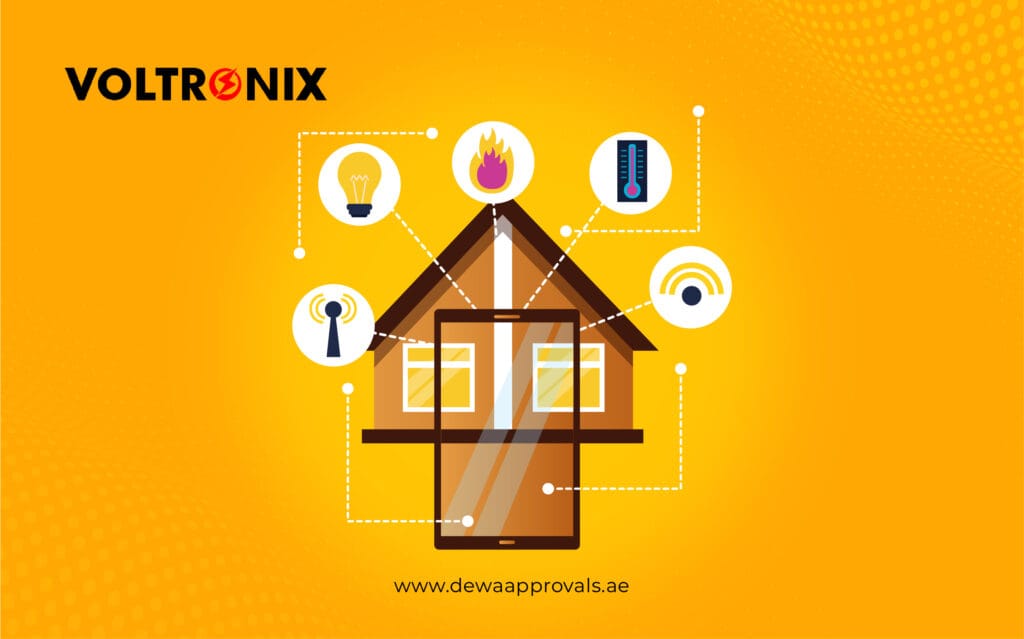Infrastructure in Dubai is growing fast and whether you’re building a villa, an office building or an industrial space or a retail site electrical cable is essential for all! Which is why the first and most important decision you will have to take is picking a DEWA-approved cable layer contractor for your job. In this kind of depth guide, we will tell you which way you need to be doing in order to make informed decisions — so your project complies, is safe and on track.
DEWA Authorized Contractor Explained
The Dubai Electricity and Water Authority (DEWA) sets a standard for all of the electrical work done in Dubai. DEWA only lets this funny qualified bunch of contractors install electrical works out there, so they have been certified for underground cable laying, trenching, ducting and second station connections etc. DEWA APPROVED CONSCRIPTOR. A DEWA-approved contractor is licensed to submit drawings, install cables as per DEWA standards, and coordinate inspections—without this, no electrical connection is approved.
Why ItIs Important to Pick the Correct Contractor
It may be tempting to go with lower prices when hiring just any contractor, but choosing someone who isn’t a DEWA contractor can lead to major setbacks—like project delays from denied applications or failed inspections.
- Re-work/Cost overruns (final price)
- Hazards to the premises and its occupants
- The law and regulations
A good contractor guides you through approvals, makes sure installation is right and helps so that it runs so smoothly.
DEWA Approved Contractor Selection: How to Select the Best Contractor
What to look for when choosing contractor with both compliance and quality upon completion.
1. Check their DEWA Approval
Always verify that the contractor is a true DEWA-approved. You can do that by;
TOOLS Needed: COURSEWORK ‒A copy of their DEWA registration certificate
- DEWA Contractor ID Number
- Visit the official DEWA site to verify or call for their helpline
- Do not work with anyone who beats around the bush or is evasive in disclosing the above.
2. Verify Experience Related
Many of the DEWA approved contractors might not be experienced in a particular kind of project they’ve done by the DEWA. Then find someone who has worked on stuff similar to yours amongst:
- Villas, apartments (residential developments)
- Commercial buildings (shops, offices)
- Industrial locations (factories, warehouses)
Get a portfolio of work or propose a site visit and enquire about the size, variety and difficulties faced.
3. Deep into Process
Ask the contractor how they will actually achieve the project from beginning to end. The professional contractor should state:
- Site survey and trench planning
- Cable selection and sourcing
- Trenching, laying, and ducting
- Designs submission for DEWA approval
- On-site DEWA Inspection
- Testing and commissioning
You want a contractor who gets it all done for you, not just trench digging.
4. Established Materials Are Put Through the Eyes of DEWA
Projects could face atrocious delays if one goes for any non-adhering material even with an approved contractor. Thus, assure your contractor shall be working with:
- Cable manufacturers listed by DEWA
- Certified conduits and junction boxes of quality
- Well-defined cable protection and warning tapes
Ask for the BOQ (Bill of Quantities) and check for the brand names supplied. It is your right to know.
5. Ask About the Team
The contractor must contain:
- Certified Electrical Engineers
- Skilled Cable Technicians
- DEWA Liaison Officers
- Safety Supervisors
Ask:
- Who will be running your site on a daily basis?
- How often will supervisors be conducting their check-ins?
- What are the safety standards that are upheld?
This basically guarantees that your site is being operated in a responsible and efficient way.
6. Check the Equipment and Technology Used
A contractor should utilize the right tools and technologies to keep hazards and delays at a minimum. Look for:
- Cable rollers and pulling machines
- Depth measurement and alignment tools
- Cable locators and jointing tools
- Safety gear and signages
With modern equipment, the installation will probably be faster and cleaner-and will have a much better chance of getting through DEWA inspection on the first try.
7. Check for Legal and Insurance Coverage
Checks for legal and insurance coverage:
- Public liability insurance
- Employee injury/workers compensation insurance
- Professional indemnity (if they are going to be handling approvals)
Ask for documents, and check if insurance is still valid. This protects you from being exposed legally and financially in case of an incident.
8. Ask for a Comprehensive Quotation
When you receive a quote, request an itemized, written quote. Make sure the quote includes:
- Material costs, including brand names;
- Labor and equipment costs;
- Inspection and documentation fees;
- Project timeline and milestones;
Please ensure the quote is itemized. Avoid a contractor that provides you a price in one line without any detail.
9. Understand Project Timeline(s)
A good contractor should be able to provide you with:
- A start date and end date
- Milestones like trenching, laying, inspection, and testing
- Buffer time for DEWA approvals
Be cautious of any unrealistic timelines. These processes take time and a good contractor will explain that to you. DEWA approvals do take time.
10. Ask About DEWA Coordination and Follow up
One of the biggest tasks is dealing with DEWA. Ask:
- Who will submit and follow up on approval applications?
- Will the contractor prepare and submit the drawings and load schedules?
- Will the contractor come to site inspections with DEWA?
You want to avoid having to chase multiple agencies. Your contractor should be responsible for this complete function.
Bonus: Questions to Ask Before You Hire
Below is a list of smart questions you can ask any potential contractor:
- Are you currently registered with DEWA?
- How many projects similar to mine have you completed in the last 12 months?
- Can I talk to a former client or see a job you have recently completed?
- What brand of cables and materials do you use?
- What part of the DEWA process you will take care of?
- Do you carry insurance? Can I see your policy?
- What is your timeline from when I approve the project to when it would be completed?
- Do you offer any maintenance or support after the installation is complete?
You should expect a serious contractor to answer these realistically and openly.
Red Flags
Look out for the following signals when assessing the reliability or qualification of a prospective contractor:
- Refusal to show your the DEWA approval certificate
- They talk like they can get an approval from DEWA “in couple of days”
- Pricing that is too low
- They do not have insurance
- EMT and not experience
- No references or case studies
- Failure to communicate in a timely fashion
If you are questioning whether you feel comfortable, best to walk away.
Why Cheapest is Not Always Best
The temptation to cut corners in Dubai or any construction industry is present. In electrical infrastructure, cheaper means:
- Cheaper materials
- Unskilled labour
- Many rejections from DEWA
- More chance of causing fire or accident
Don’t trade quality for cost. A few thousand dirhams saved today may cost tens of thousands in delays, fines, or accidents tomorrow.
Importance of After-Sales Support
Once your cable laying is complete and power is flowing through your cables, especially if you’re working with a DEWA headquarters new project contractor, you might think the job is finished. Sometimes it is—but sometimes there are follow-ups, re-inspections, or unexpected issues that still need attention.
- DEWA requires a re-inspection
- A cable fault occurs later
- New load request modifications
Find a contractor that gives after job support. Ask for:
- Post installation support period (3-6 month)
- Emergency visit availabl
- Warranty on materials and workmanship
Final Thoughts
Choosing a DEWA-approved contractor isn’t just one more step on your checklist, it will determine the success of your project. The best contractor will ensure that you get timely DEWA approvals, execute the installations with a focus on quality and safety, and provide you with confidence that everything is being done correctly. So take your time, ask the right questions, understand the contractor’s experience, and never accept anything less than full compliance.


